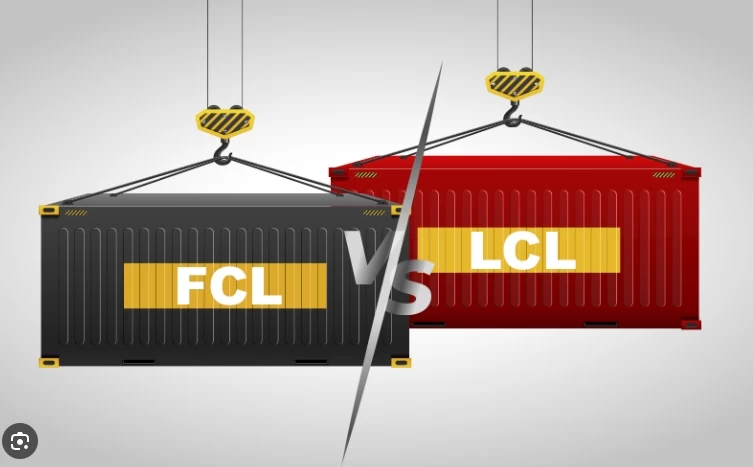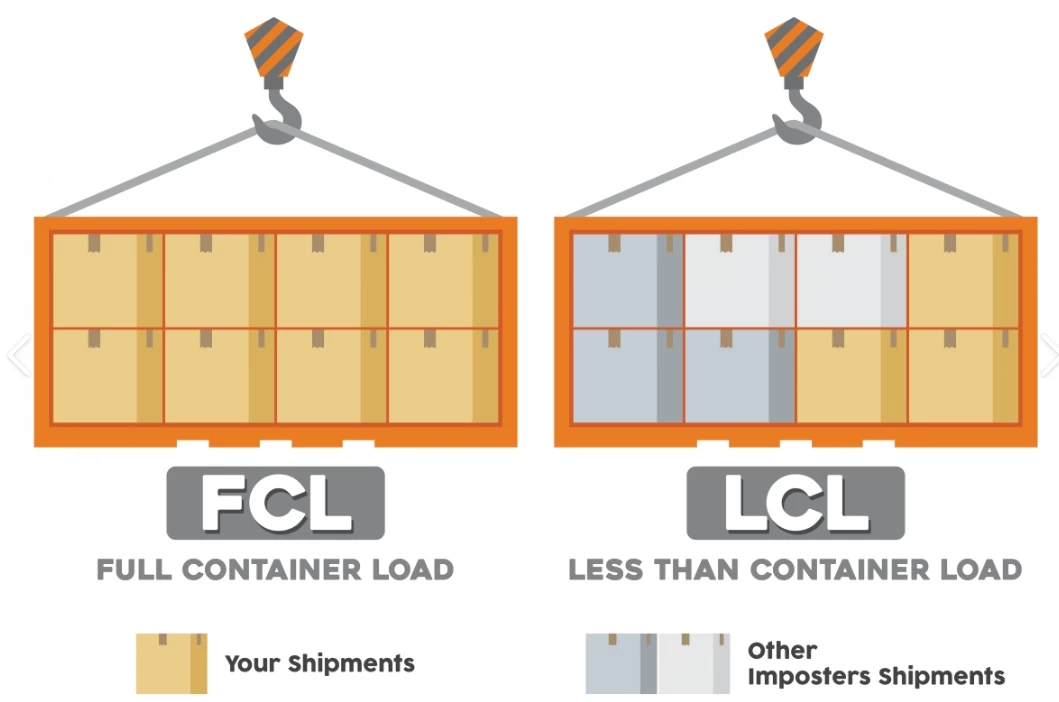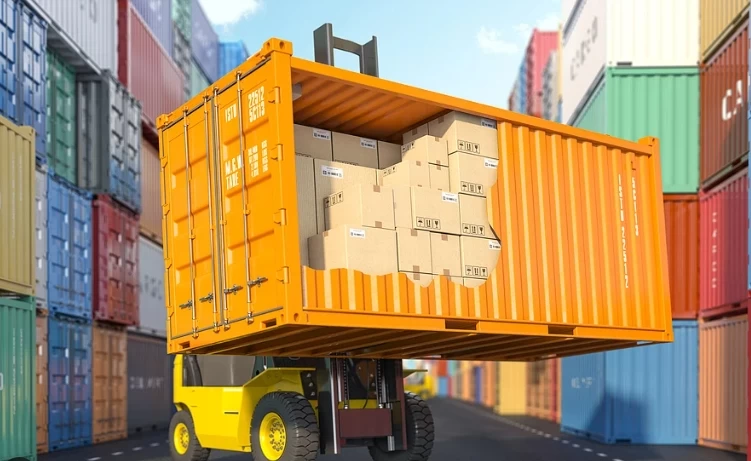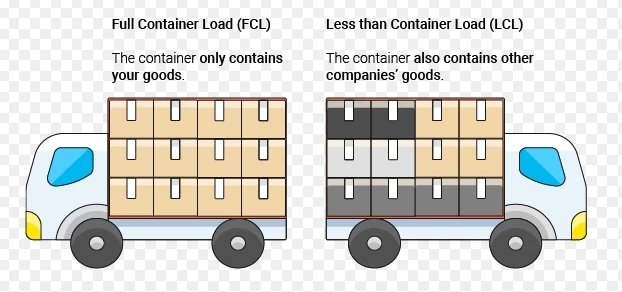
In the realm of international shipping, FCL Shipping and LCL Shipping stand out as crucial methods for transporting goods across oceans. Understanding the nuances of these two approaches is paramount for businesses and individuals alike. This blog aims to demystify the complexities surrounding FCL Shipping and LCL Shipping, offering a comprehensive guide to help you navigate the seas of global trade with confidence.

When delving into the realm of FCL Shipping, it's essential to grasp the core concept behind this shipping method. FCL Shipping, or Full Container Load Shipping, involves the exclusive use of an entire container for transporting goods. This means that the container is solely dedicated to one shipper, ensuring that their cargo remains intact and secure throughout the journey.
Common uses of FCL Shipping encompass a wide array of industries and scenarios. Businesses that regularly transport large quantities of goods opt for FCL Shipping due to its efficiency and reliability. Industries such as automotive, electronics, and manufacturing often rely on FCL Shipping to move bulk shipments across borders seamlessly.
The advantages of FCL Shipping are particularly appealing for businesses with substantial shipping needs. One key benefit is the cost-effectiveness for large shipments. By utilizing a full container, shippers can enjoy economies of scale and reduced per-unit shipping costs compared to other methods.
Moreover, security and reduced risk of damage are paramount in FCL Shipping. Since the container is sealed at the point of origin and remains unopened until reaching its destination, there is minimal handling involved. This significantly lowers the chances of theft, tampering, or damage during transit, providing peace of mind to shippers.
When considering FCL Shipping, it's crucial to factor in specific considerations. Shippers must meet certain volume requirements to make this shipping method financially viable. Smaller businesses or those with limited cargo may find that the cost implications outweigh the benefits of using a full container.
In essence, understanding the intricacies of FCL Shipping empowers businesses to make informed decisions regarding their international logistics needs.
In the realm of international shipping, LCL Shipping plays a pivotal role in facilitating the transportation of goods across varying volumes and requirements. LCL Shipping, or Less than Container Load Shipping, involves consolidating cargo from multiple shippers into a single container, providing a cost-effective solution for smaller shipments.
Definition of LCL Shipping
LCL Shipping allows businesses and individuals to transport goods that do not fill an entire container. Instead of bearing the cost of an entire container, shippers can share space with other consignees, making it an economical choice for those with lesser cargo quantities.
Common uses of LCL Shipping
The versatility of LCL Shipping makes it ideal for a wide range of applications. Small to medium-sized businesses that do not have enough goods to warrant a full container often opt for LCL Shipping. Additionally, individuals relocating overseas or sending personal effects find this method convenient and affordable.

Cost-effectiveness for smaller shipments: Shippers benefit from sharing container space, reducing costs associated with shipping smaller loads.
Flexibility in shipping schedules: With frequent departures and flexible scheduling options, LCL Shipping offers adaptability to varying shipment timelines.
Potential for longer transit times: Due to the nature of consolidating multiple shipments, LCL Shipping may experience slightly longer transit times compared to FCL.
Risk of damage due to shared space: Sharing container space poses a risk of damage if proper packaging and securing measures are not implemented diligently.
When it comes to deciding between FCL Shipping and LCL Shipping, several crucial factors come into play, influencing the optimal choice for your specific shipping needs.

The primary determinant in choosing between FCL Shipping and LCL Shipping is the size and volume of your cargo. If you have a large shipment that can fill an entire container, opting for FCL Shipping might be more cost-effective and secure. On the other hand, if your cargo volume is smaller and does not warrant a full container, LCL Shipping provides a practical solution without incurring unnecessary expenses.
Another critical consideration revolves around your budgetary limitations. FCL Shipping tends to be more economical for larger shipments due to the shared costs across a higher quantity of goods. Conversely, LCL Shipping offers affordability for smaller loads by splitting container expenses among multiple shippers. Evaluating your budget constraints will help determine the most financially viable option for your shipping requirements.
-------sunny worldwide logistics report
